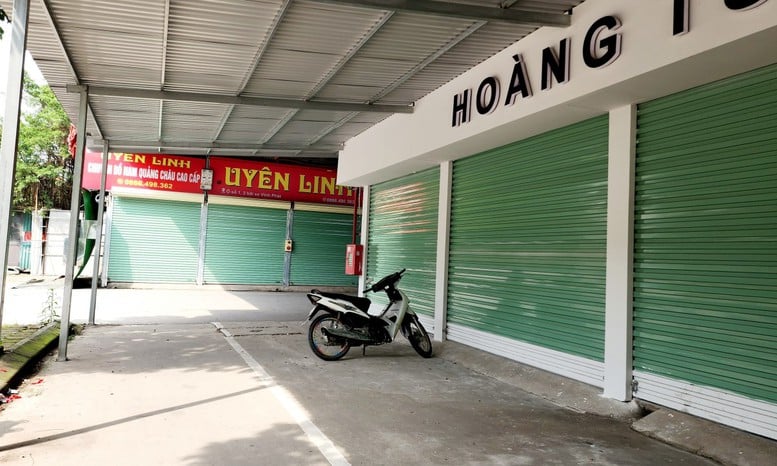
Statistics show that over 5,500 stores have closed, focusing on items such as food, functional foods, cosmetics, and household goods - Illustrative photo
According to Mr. Duong, in the peak month of fighting against smuggling, trade fraud and counterfeit goods, localities and functional forces across the country have simultaneously deployed inspections and controls. According to reports from localities, many shops and businesses on the streets and traditional markets have closed their shops. Statistics show that over 5,500 shops have closed, focusing on items such as food, functional foods, cosmetics and household goods.
Mr. Duong said, through understanding, there are 5 main reasons.
Firstly, because business activities do not achieve the desired goals. Traditional business models are no longer effective in the face of the strong development of e-commerce.
Second is the psychological concern after the peak period when the authorities are very determined to prevent and repel smuggling, trade fraud, and counterfeit goods. Some business households have not met the legal conditions according to regulations on procedures, invoices...
Third, the impact of tax calculation also caused many stores and shops to decide to close during this time.
Fourth, through the assessment of the authorities, some businesses have been slow in changing their business models, have not focused or paid no attention to e-commerce as well as improving service quality or diversifying products to suit the trend. Another condition is related to seasonality when some stores repair or move to new business locations.
Providing more information at the press conference, Deputy Minister of Industry and Trade Nguyen Sinh Nhat Tan said that not only the market management force but also the peak period of fighting against counterfeit, fake, smuggled goods and goods infringing intellectual property rights has attracted all forces to join forces. The peak period is from May 15 to June 15.
According to the assessment of the Ministry of Industry and Trade, this campaign has had a great impact on restoring consumer confidence. The Deputy Minister said that there are some concerns that if the focus is strong and the media information is not complete, people may misunderstand that they will encounter fake goods everywhere. The viewpoint of the Ministry of Industry and Trade after this peak is to create confidence for consumers, at the same time, create confidence for manufacturers and businesses to confidently produce and trade, create high-quality goods, and create motivation to push back fake goods.
Trace the origin of goods by identifying the seller
At the press conference, Mr. Hoang Ninh, Deputy Director of the Department of E-commerce and Digital Economy (Ministry of Industry and Trade) affirmed that not everything on e-commerce platforms is fake. Recently, the Ministry of Industry and Trade has closely coordinated with e-commerce platforms to review and remove many fake and counterfeit goods that violate intellectual property rights. In the first 6 months of 2025, platforms were required to remove more than 33,000 products and handle more than 11,000 violating stores.
According to Mr. Ninh, the new Law on E-Commerce is expected to include many regulations to protect consumers, notably identifying sellers to help trace origins.
"In the past, on e-commerce platforms, when online stores were found to be in violation, they would close down to open another store. However, by identifying the seller, we will know who that person is, thereby facilitating consumer protection, traceability, and tax collection if relevant," said Mr. Ninh.
In addition, the Ministry of Industry and Trade will deploy 4 solutions to prevent counterfeit goods, fake goods, and goods that infringe intellectual property rights: Perfecting institutions; increasing the application of new technologies such as AI, blockchain, etc. to help trace the origin of goods, check counterfeit goods, fake goods; increasing propaganda to help people distinguish counterfeit goods, fake goods on the internet environment; enhancing bilateral and multilateral cooperation to resolve disputes, and handle units without legal entities in Vietnam. In addition, the coordination of agencies and ministries to prevent counterfeit goods, fake goods from the source, from the place of production, from the source of distribution also plays an important role.
For more information, Deputy Minister Nguyen Sinh Nhat Tan said that when there is information reflected, the owners of e-commerce platforms must be responsible for coordinating with the market management agency to handle it immediately. The handling method must be done quickly, possibly removing or even expelling from the platform, not allowing the "cicada shedding its shell" to return to the platform.
Anh Tho
Source: https://baochinhphu.vn/bo-cong-thuong-ly-giai-nguyen-nhan-nhieu-cua-hang-ho-kinh-doanh-dong-cua-10225061917483304.htm


![[Photo] Prime Minister Pham Minh Chinh chairs the first meeting of the Central Steering Committee on housing policy and real estate market](https://vphoto.vietnam.vn/thumb/1200x675/vietnam/resource/IMAGE/2025/9/22/c0f42b88c6284975b4bcfcf5b17656e7)











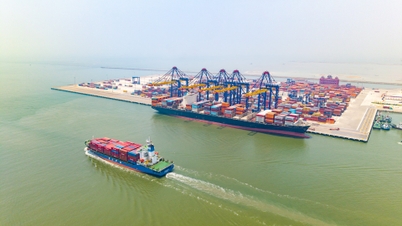

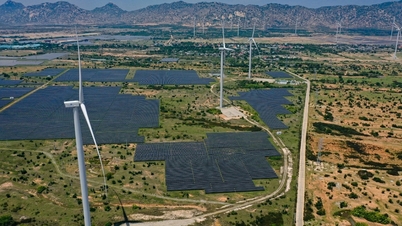

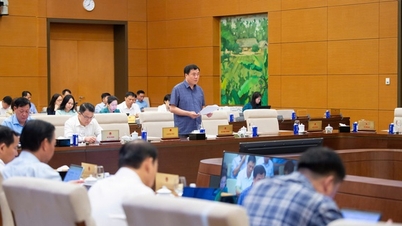










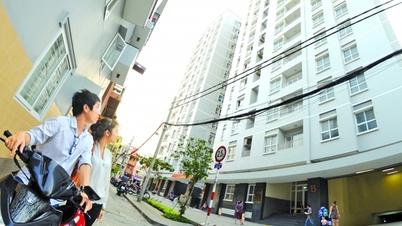






![[Photo] General Secretary To Lam presents the First Class Labor Medal to the Vietnam National Energy and Industry Group](https://vphoto.vietnam.vn/thumb/1200x675/vietnam/resource/IMAGE/2025/9/21/0ad2d50e1c274a55a3736500c5f262e5)





































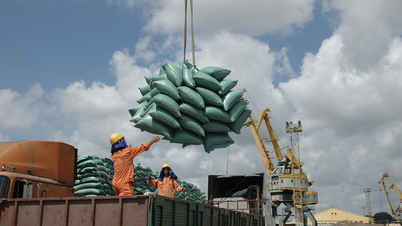











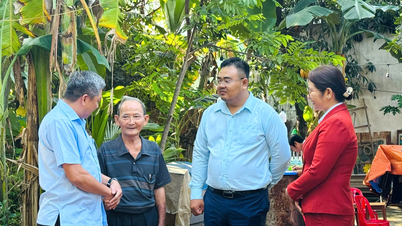









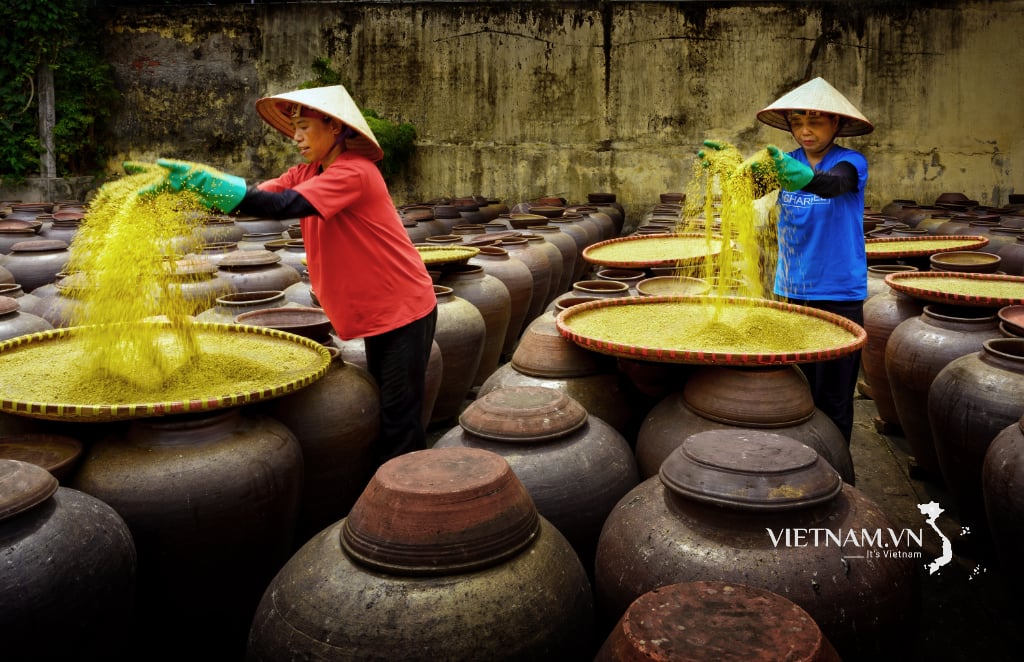



Comment (0)